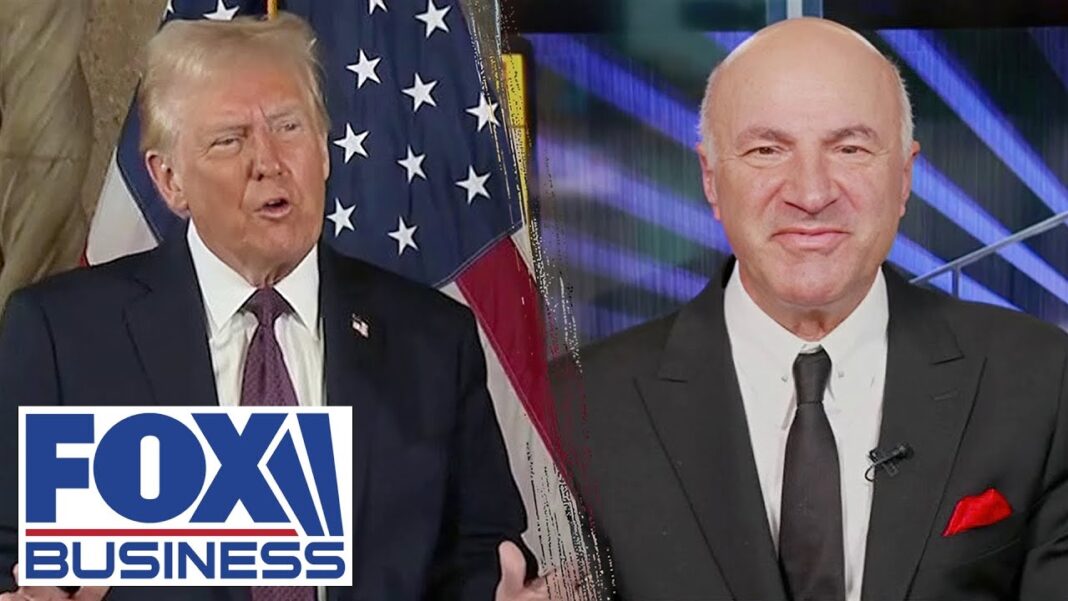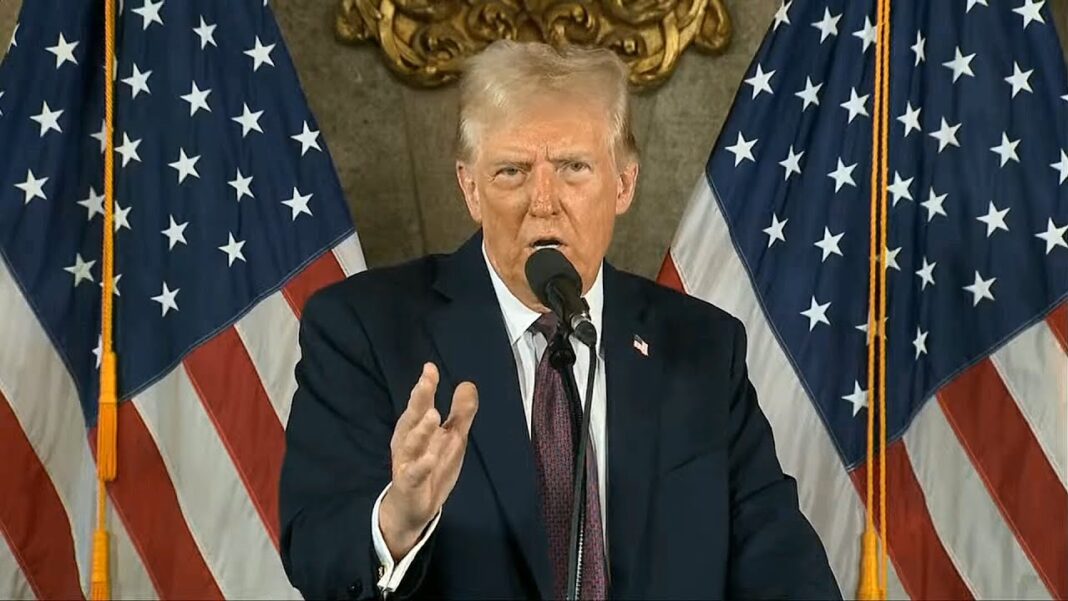The theory seemed sound: Stabilize financial markets, support the poor and promote a more secure, integrated world. But blue-collar workers were left behind.
Democrats had just absorbed a crushing defeat in the 1994 midterm elections when President Bill Clinton’s very liberal labor secretary, Robert Reich, ventured into hostile territory to issue a prophetic warning.
Struggling workers were becoming “an anxious class,” he told the centrist Democratic Leadership Council, two weeks after Republicans led by Newt Gingrich had gained 54 seats in the House and eight in the Senate. Society was separating into two tiers, Mr. Reich said, with “a few winners and a larger group of Americans left behind, whose anger and whose disillusionment is easily manipulated.”
“Today, the targets of that rage are immigrants and welfare mothers and government officials and gays and an ill-defined counterculture,” Mr. Reich cautioned. “But as the middle class continues to erode, who will be the targets tomorrow?”
His message went largely unheeded for 30 years, as one president after another, Republican and Democratic, led administrations into a post-Cold War global future that enriched the nation as a whole and some on the coasts to staggering levels, but left many pockets of the American heartland deindustrialized, dislocated and even depopulated.
As a half-century-old world order organized around American-Soviet contention gave way to a more freely competitive landscape of shifting alliances, presidents from both parties sought to secure U.S. leadership under new rules for economic competition, global stability and strong financial markets. Democratic presidents tried, with limited success, to expand safety nets at home, especially health care and income support for the poor. In the end, however, their bets on foreign policy — opening China to capitalism, halting Iran’s nuclear program, tightening economic bonds with allies — took precedence, and a new fealty to megadonors shaped fiscal policies that bolstered financial markets but shuttered many factories.
The unintended consequences often came at the expense of American workers. And Mr. Reich’s “anxious class” — neither the impoverished nor the highfliers riding the rising global stock market — felt unheard until the rise of an unlikely new kind of Republican: Donald J. Trump.








